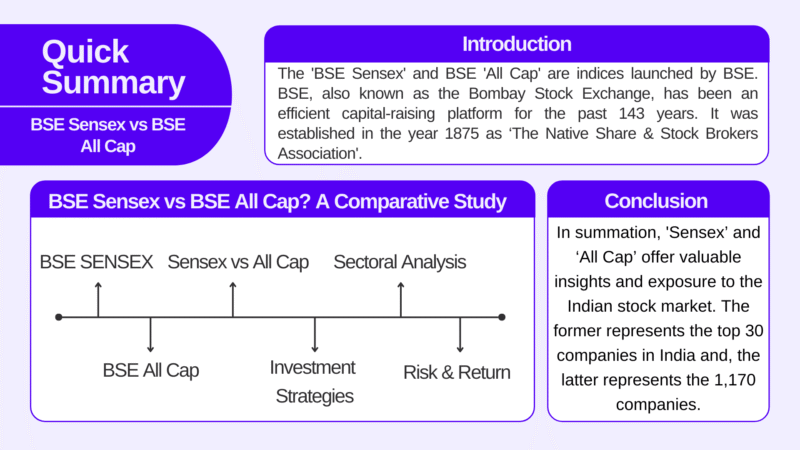Which Area of the Work Zone Do Most Crashes Occur?

A work zone is a dangerous place. The Federal Highway Administration reports that each year over 20,000 people are injured in construction zones. It is especially dangerous if not properly managed. This article goes over which area of the work zone is most susceptible to crashes to inform future planning efforts better and keep people safe.
Most Work Zone Accidents Occur in the Outermost Lane
The most dangerous work zone accidents occur in the outermost lane. These types of work zone collisions are more likely to result in serious injury or death because they occur more frequently and are harder to avoid.
As work zone accidents continue to rise, it is more important than ever for a company to ensure construction workers’ safety. There are numerous options available for ensuring the safety of your employees. You can require that they wear reflective clothing so that they are visible at night, or you can provide them with reflective vests if they are working near traffic during the day. Even if it’s not required, you can also ensure that each of your employees has a hard hat with them at all times in construction zones.
It is important for companies with employees working in work zones to provide them with these types of safety measures because accidents can occur at any time. And if they do, you want to protect your employees as much as possible from suffering severe injuries or even death.
Fatal Work Zone Collisions Involved Rear-End Impacts
Rear-end collisions are the most common fatal work zone collision, according to an FHWA report. These accidents cause more than 25% of all work zone deaths.
Distracted drivers in work zones cause most rear-end collisions. They are often looking at their cell phones or other nonessential items while driving. This behavior can lead to crashes where they rear-end other vehicles or hit stationary objects.
That said, it’s clear from this study that there is room for improvement when it comes to protecting workers who are on the job site from traffic accidents. One way to do this is with good traffic signs for road crews and construction workers. These signs make sure that drivers know what they’re expected to do when approaching a work zone, which helps reduce confusion among motorists.
To prevent these types of work zone incidents from happening, it’s important for companies to provide safety measures like reflective vests and flags so that drivers can easily spot construction workers before they get too close.
Summer and Autumn Are Peak Seasons for Construction Zone Fatalities
According to the National Highway Administration, summer and autumn are when most fatal accidents occur in construction zones. These are also the seasons during which most people are on the roads, yet this is when construction work is most likely to be going on.
Most fatal crashes in construction zones occur during rush hour, so drivers must take extra precautions. If you have a job yourself, try leaving for work earlier so that you avoid traffic as much as possible. If you do not have a job that requires you to be somewhere at a specific time, consider driving later to avoid potential problems caused by congestion or construction delays.
Many Construction Zone Accidents Involve Driving Over the Speed Limit
Speeding is a factor in over half of all work zone crashes, which makes sense: higher speeds mean more severe injuries when an accident happens. Particularly in construction zones, where motorists routinely ignore warnings to slow down and pay attention despite the presence of orange barrels and flashing lights.
Speed was the cause of many fatal accidents in construction zones: nearly one-third (31%) of fatal accidents involved high speeds on highways with posted speeds greater than 50 miles per hour. And speeding isn’t just dangerous for drivers—it can put workers at risk too! When someone involved in roadwork isn’t paying attention because they’re focused on getting through the zone quickly or trying not to get caught by their boss, they might not see an unexpected obstacle until it’s too late. Speed also increases stopping distance and reduces maneuvering room for emergency vehicles like police cars or tow trucks trying to respond after an accident occurs.
Takeaway
You can improve the safety of your work zones by using and installing traffic control signs. Work zone traffic signs offer higher visibility, clearer messaging, and greater compliance than traditional signs.





